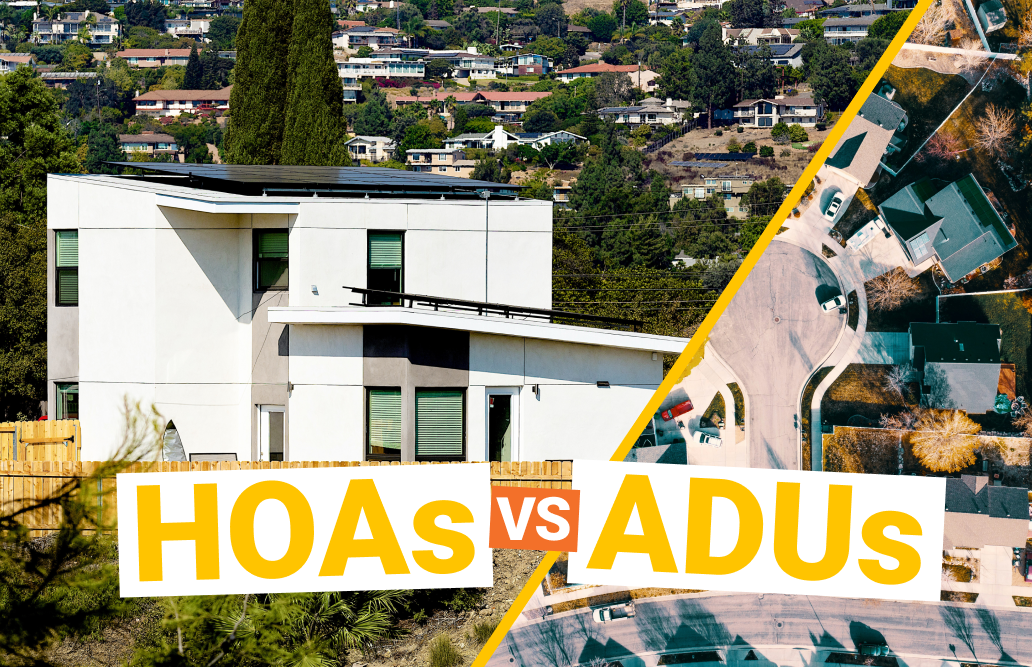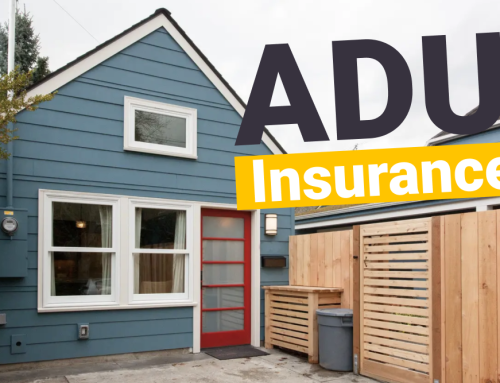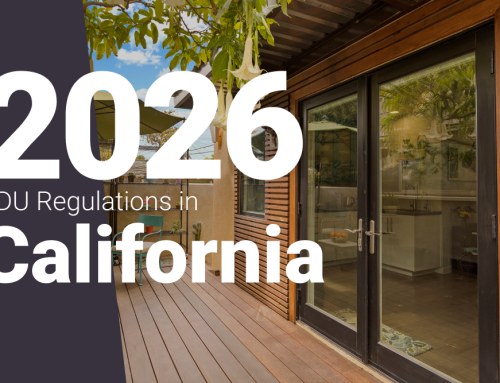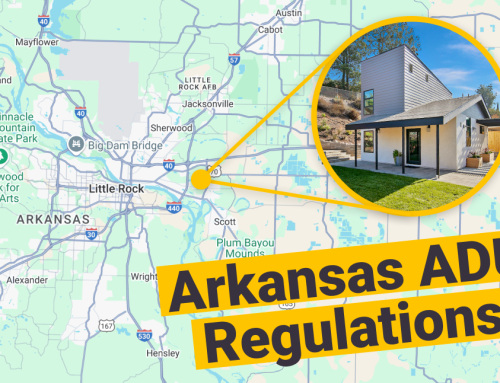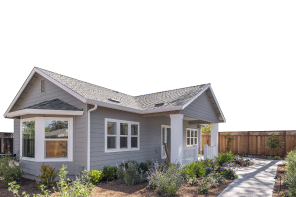Homeownership in California comes with its fair share of hurdles; navigating city permits, juggling construction costs, locking down a reliable general contractor to name a few. But for many homeowners, there’s another layer to contend with: homeowners associations (HOAs).
HOAs are meant to keep neighborhoods looking cohesive and well-maintained, but when it comes to building an ADU, they can feel like yet another roadblock. Maybe you’re worried your HOA will flat-out deny your plans, or that they’ll bury you in red tape until you give up.
The good news? California law is on your side. Thanks to recent housing legislation, HOAs can’t simply ban ADUs. They do, however, have some power to regulate design and placement, which can leave homeowners feeling stuck in the middle.
So let’s break down exactly what HOAs can and can’t do when it comes to ADUs in California, and how you can move forward with confidence.
What can HOAs Regulate For Your ADU?
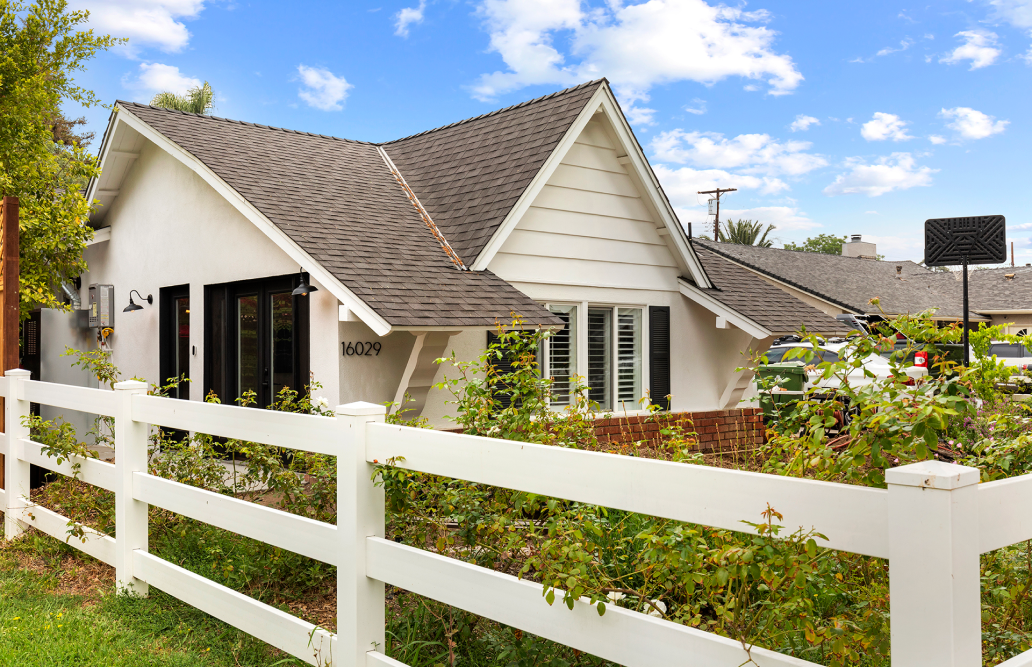
While HOAs can’t stop you from building an ADU, they do still hold some influence over how your project looks and feels within the community. These rules usually fall under what’s considered “reasonable restrictions.” In other words, guidelines that don’t prevent you from building an ADU but may shape certain design choices.
Here are the most common areas where HOAs have a say:
- Exterior appearance – They can request that your ADU use materials, paint colors, or rooflines that blend with the rest of the neighborhood.
- ADU Size –
- Placement and visibility – They may enforce rules around setbacks, height, or landscaping to make sure the ADU isn’t too imposing.
- Parking requirements – Some HOAs can add conditions about where extra vehicles can be parked, though state law limits how strict they can be.
- Construction guidelines – Think noise limits, hours of construction, and rules for contractor access.
The key thing to remember is this: HOAs can make adjustments, but those adjustments cannot be so restrictive that they effectively block your ADU.
What HOAs Cannot Do
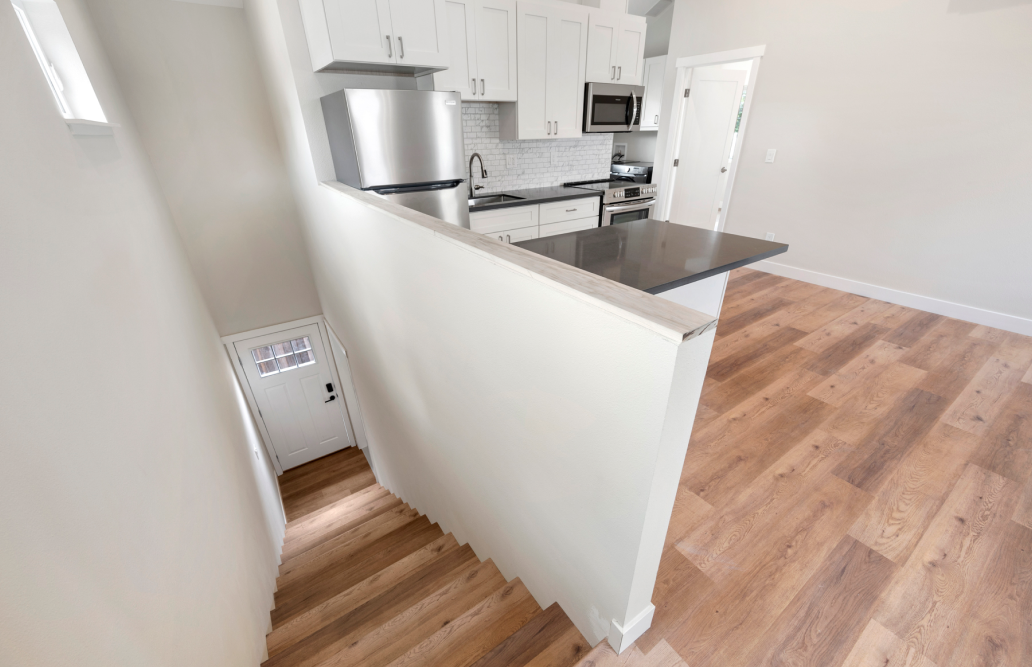
Here’s the bottom line: your HOA does not have the power to deny your ADU outright. Thanks to California laws like AB 670, any HOA rule that “unreasonably restricts” the construction of ADUs is unenforceable.
That means HOAs cannot:
- Ban ADUs altogether – They must allow both ADUs and JADUs if they meet state and local requirements.
- Impose excessive fees – Application or review fees must be reasonable and not used as a deterrent.
- Delay approvals indefinitely – HOAs can’t drag their feet to discourage your project.
- Force you to remove state-approved features – For example, they can’t require setbacks or parking spaces beyond what state law already allows.
More specifically, AB 670 states the following:
“The bill would permit reasonable restrictions that do not unreasonably increase the cost to construct, effectively prohibit the construction of, or extinguish the ability to otherwise construct, an accessory dwelling unit or junior accessory dwelling unit consistent with those aforementioned minimum standards provisions.”
In other words, while your HOA might request design tweaks, they cannot block your project or bury it in red tape. California law gives homeowners a clear path forward. HOAs just have to get on board.
What to Do if Your HOA Pushes Back on an ADU
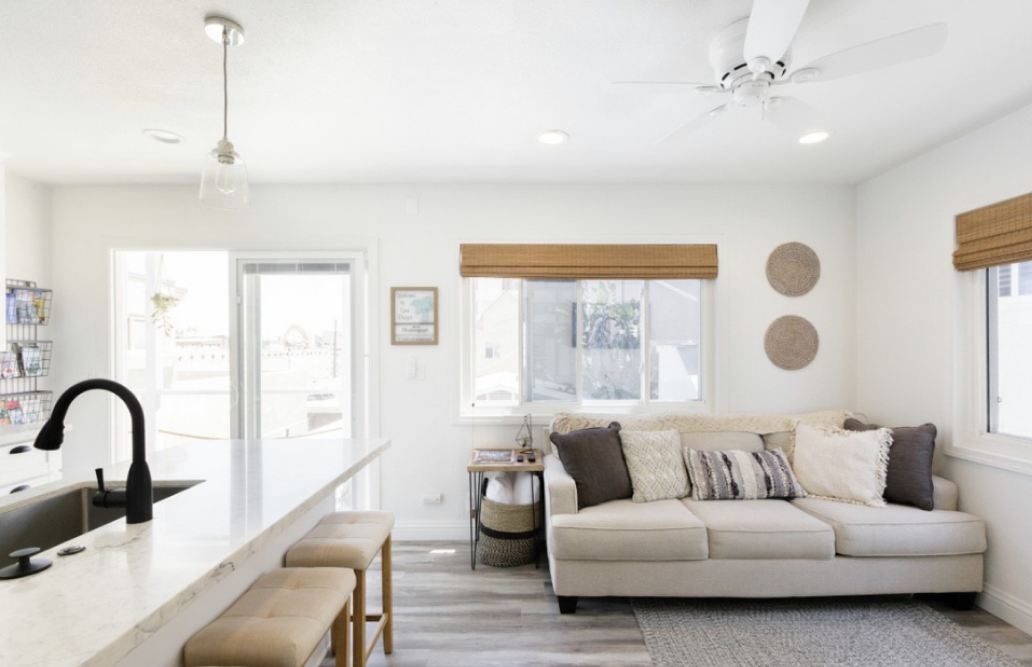
Even though HOAs can’t ban ADUs, some will still test the limits of what’s “reasonable” by adding extra hurdles or dragging out approvals. If you start running into pushback, don’t panic—you have options.
Bring in an experienced designer.
A designer who knows the ins and outs of ADUs is your strongest ally. Not only can they create a design that fits within your HOA’s aesthetic rules (think matching materials, rooflines, or landscaping), but they can also advocate on your behalf. When HOAs start asking for more than what’s fair, a seasoned ADU designer can step in and show them what the law actually allows.
Document everything.
Keep a record of communications, approvals, and requests from your HOA. Having a clear paper trail makes it easier to push back if they start moving the goalposts.
Escalate if necessary.
If your HOA continues to deny or delay your project without cause, you have escalation paths:
- City planning department – They can step in to enforce state housing law and clarify what’s allowed.
- Legal consultation – In rare cases, working with a lawyer who specializes in HOA or housing law may be the fastest way to get things moving.
The key takeaway: your HOA has influence, but not control. With the right team in your corner and the right strategy, you can move forward confidently with your ADU.
An Extra Layer of Protection
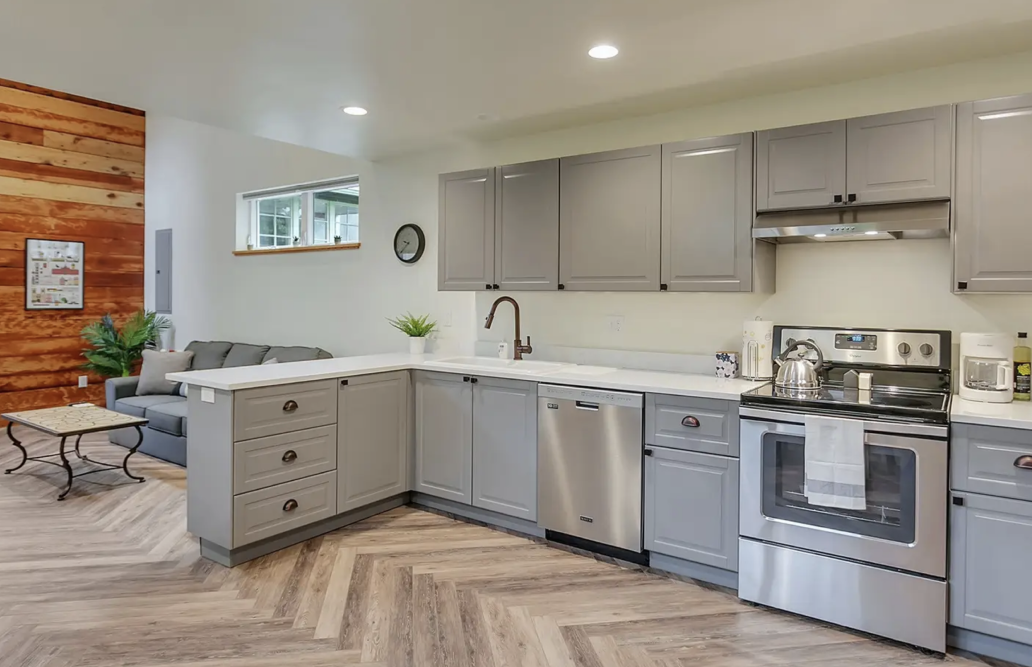
An ADU is more than just an extra structure on your property. It’s an opportunity to create flexible space, boost your home’s value, and support your family’s needs for years to come. But turning that vision into reality requires the right expertise and guidance from start to finish.
That’s where Maxable comes in. We’ve already helped thousands of homeowners navigate the ADU process and connect with vetted designers and general contractors who know how to get the job done right.
If you’re ready to take the next step, book a call with Maxable today and get matched with the perfect team to bring your ADU to life.
ADU in an HOA FAQs
Phew! That’s a lot of acronyms. Let’s tackle some of these questions we often get from our clients regarding HOAs.
Do I need HOA approval before starting my ADU project?
In most cases, yes. You’ll want to get your HOA’s approval before beginning construction, just to make sure you’re meeting their requirements.
While California law prevents HOAs from outright banning ADUs, they can enforce reasonable rules about design, placement, and appearance. Submitting your plans early ensures your project aligns with those guidelines and helps avoid delays or pushback later.
Plus, it’s a good way to avoid tensions with your HOA.
Can an HOA fine me for building an ADU?
No, HOAs cannot impose fines for ADUs that comply with California law and local regulations. Getting HOA approval first and following their reasonable design rules helps prevent disputes.
Does state law override HOA rules for ADUs?
Yes, California law protects homeowners’ rights to build ADUs. HOAs cannot enforce rules that effectively block or prevent a legally compliant ADU, though they can still require reasonable design adjustments.
Are HOAs allowed to ban JADUs?
No, just like ADUs, Junior ADUs (JADUs) cannot be banned by an HOA under California law. HOAs can enforce reasonable guidelines for appearance and placement, but they cannot prevent you from legally building a JADU on your property.

